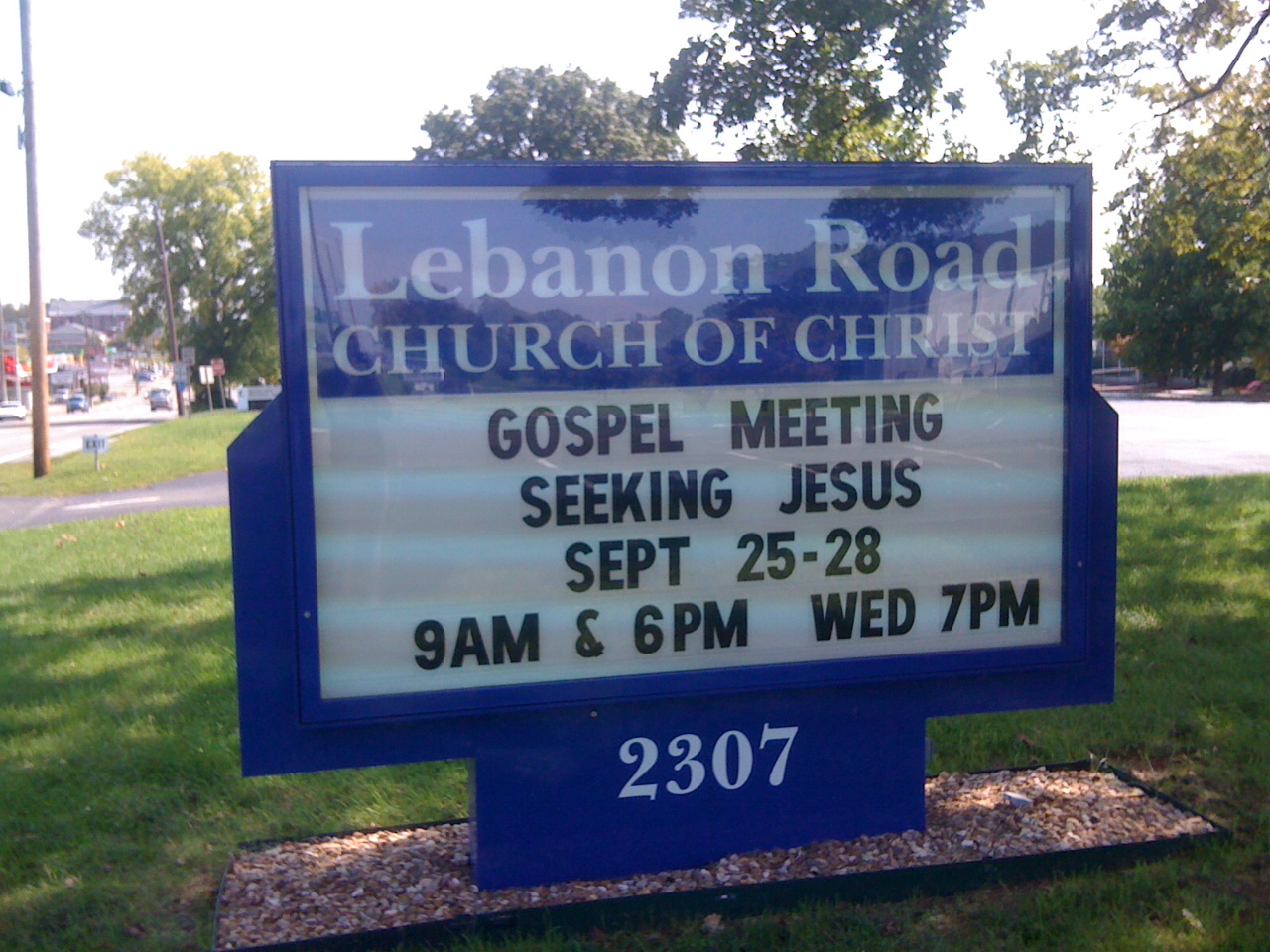Psalm 18
The background for this lengthy psalm is Second Samuel 22, when David was “delivered from the hand of Saul.” It is obviously a psalm brewing with thanksgiving, and filled with references to the reason for the thanksgiving.
1. The word “love” in verse 1 is not the typical word for love found in the Old Testament, especially the psalms. Usually the word “love” in the Old Testament was the word for a covenant relationship. Here, though, the word means a tenderly intimate relationship. David is basically saying, “I’ve never felt closer to You, Lord, than I do right now.”
2. From The MacArthur Study Bible on verse 2: “Military metaphors for the Divine Warrior multiply in this verse. Both defensively and offensively, the Lord was all David needed in life’s tough battles” (page 744).
3. Young people often sing verse 3, but may not have realized it came from the psalms.
4. In verses 4-6, David tells us that he was as low as a person could get. From that lowly point, he cried out to God and knew that God heard him. When we are distressed, we often cry out to God, but do we really trust that He hears?
5. Verses 7-15 present very poetic language for how strong God is. David mentions multiple natural catastrophes, demonstrating how he knew God was able to deliver. In verse 13, he mentions that “the Most High uttered His voice.” That is the basis for these events. God is able to do whatever He pleases simply by speaking the words, reminding us of His powerful words in creation (cf. Genesis 1).
6. Those powers are now able to do something totally personal. Verses 16-19 show the power of God being used for a great but seemingly small purpose: rescuing the psalmist. In the same way, I need to be reminded that, while God is all-powerful, He can and will take care of just me.
7. Verse 20 is not teaching that we always get what we deserve. Those who follow God understand completely that we do NOT get what we deserve, because, in reality, we deserve punishment. This verse is also not arrogance on David’s part. It is a celebration of his relationship with the Father.
8. The end of verse 24 uses the idea of clean hands, symbolizing a righteous life. This word picture runs throughout the Bible, especially the psalms.
9. Personally, I love the poetry at the end of verse 28: “The Lord my God illumines my darkness.” What a beautiful phrase!
10. With God nearby, David feels almost invincible. Notice his words in verse 29: “For by You I can run upon a troop; and by my God I can leap over a wall.” Sounds like a New Testament concept: “If God is for us, who can be against us?”
11. Verse 31 asks a question that needs to be presented to those who are seeking for things in this life: “Who is a rock, except our God?” People in the world need to learn to lean on the Lord for their strength.
12. Beginning in verse 27, David gives a poetic retelling of the battles, and it seems for a moment that he is making himself the hero. Then, however, we read verse 39, “For You have girded me with strength for battle; You have subdued under me those who rose up against me.” There is nothing wrong with being proud of our accomplishments, so long as we give God the real credit.
13. Verse 41 is a somber reminder for those who do not follow God. He does not hear their prayer.
14. Beginning with verse 43, David begins to realize that he is now in charge. He seems to be somewhat amazed by his new found power, but, again he gives God the credit: “You have placed me as head of the nations.”
15. Verse 46 is the “refrain” of the song “I Will Call Upon the Lord,” which was mentioned in #3 above.
16. David now, because of God, has supreme confidence as he leads the people. “Surely You lift me above those who rise up against me” (verse 48).


